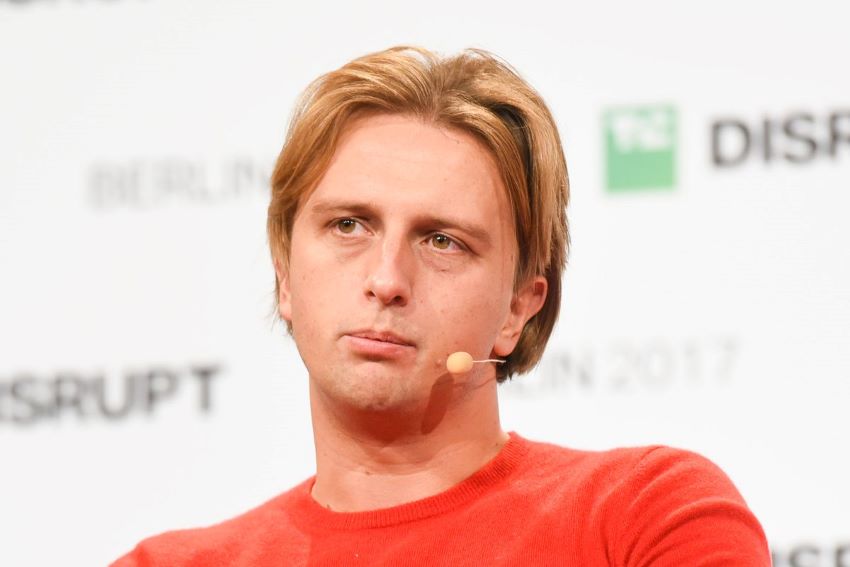Nandini Roy Choudhury, writer
Brief news
- Xpeng remains committed to the European market despite increased tariffs from the EU, focusing on long-term strategies and competitiveness.
- The company is reassessing its business model, product range, and pricing in light of the tariffs, aiming to enhance local manufacturing capabilities.
- Other Chinese EV manufacturers express dissatisfaction with the EU’s tariffs, viewing them as unjust and detrimental to the industry.
Detailed news
Despite the pressure it experiences from the European Union’s tariffs, Xpeng, a Chinese electric vehicle manufacturer, is steadfast in its commitment to Europe for the long term, according to a senior company official.
At the Paris Motor Show on Monday, Brian Gu, Xpeng’s vice chairman and co-president, disclosed to Charlotte Reed, anchor of CNBC, that the company’s strategy for Europe is exceedingly lengthy.
Gu stated that the EU’s decision to implement higher tariffs on Chinese electric vehicle imports has exerted “significant pressure” on its business model.
Nevertheless, he emphasized that the organization is committed to a “long-term focus” on the continent and is striving to “identify and enhance our competitiveness in every conceivable manner.”
Gu stated that Xpeng is currently conducting a comprehensive assessment of its business strategy, which encompasses the product range, business model, and pricing, in order to assess the effects of EU tariffs.
He did not specify whether Xpeng intends to allocate tariff expenses to its clients.
“We are currently evaluating and optimizing a number of areas,” he stated.
In the long term, Gu stated that Xpeng intends to enhance its manufacturing capabilities in Europe by becoming more “local.”.
“A company with a long-term plan and a long-term vision must have local manufacturing capabilities. This is not due to tariffs or short-term policy changes,” Gu stated in an interview with CNBC.
The European Union voted earlier this month to impose definitive tariffs on the import of battery electric vehicles manufactured in China. The development dealt a significant setback to the Chinese EV industry, which has been making significant inroads into Europe over the past several years.
In June, the European Union initially declared that it would impose a greater tariff on Chinese electric vehicle imports. At that time, the bloc asserted that China’s firms “heavily benefit from unfair subsidies” and pose a “threat of economic injury” to EV producers in Europe.
Duties were also disclosed for individual companies, contingent upon the extent of their collaboration with the investigation. Provisional duties were implemented in early July; however, they were revised in September in response to “substantiated comments on the provisional measures” from interested parties.
Tesla, which had previously expressed apprehension regarding the tariff rate proposed for its China-produced electric vehicles (EVs), experienced a reduction in its proposed tariff from as high as 20.8% to 7.8%.
Increased expenses for the industry
Gu’s remarks are considerably more moderate than those of his colleagues in the Chinese electric vehicle industry. Stella Li, executive vice president of BYD, an electric vehicle manufacturer that is supported by Warren Buffett, stated on Monday that the European Union’s proposed tariffs on Chinese-made EVs were erroneous. She further stated that the decision was unjust.
“In comments reported by Reuters from the Paris Motor Show, she stated that politicians should refrain from implementing tariffs, as they will exacerbate the cost of auto manufacturing and cause confusion within the auto industry.”
William Li, the CEO and founder of Nio, a Chinese electric vehicle manufacturer, also expressed his dissatisfaction with the EU tariffs during a company earnings call last month. He stated that the duties were “unreasonable” and contradicted the “sustainable development of all humankind.”
The United States has also expressed apprehension regarding China’s impact on the electric vehicle market. The Biden administration implemented a 100% tariff on the importation of electric vehicles manufactured in China to the United States in May.
One of the primary concerns that the Biden administration has raised regarding China’s EV industry is that it is facilitating the overproduction of inexpensive renewable energy vehicles, which in turn distorts the market and exceeds domestic demand.
The China Chamber of Commerce to the EU has previously expressed “deep disappointment” with the bloc’s “adoption of protectionist trade measures” in response to the EU tariffs.
Source : CNBC News



